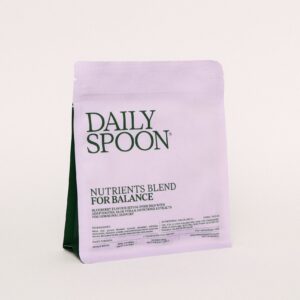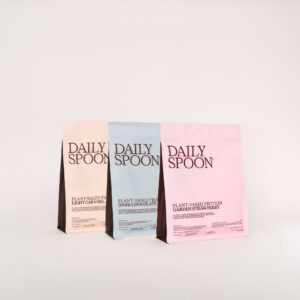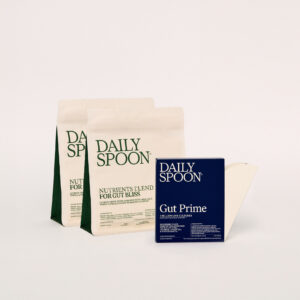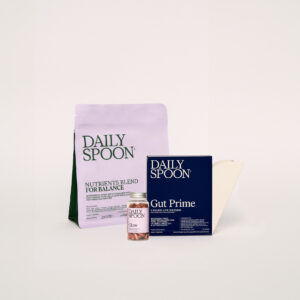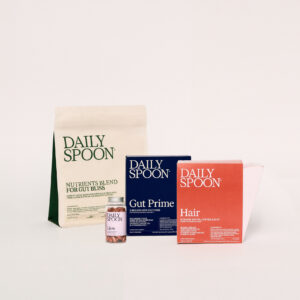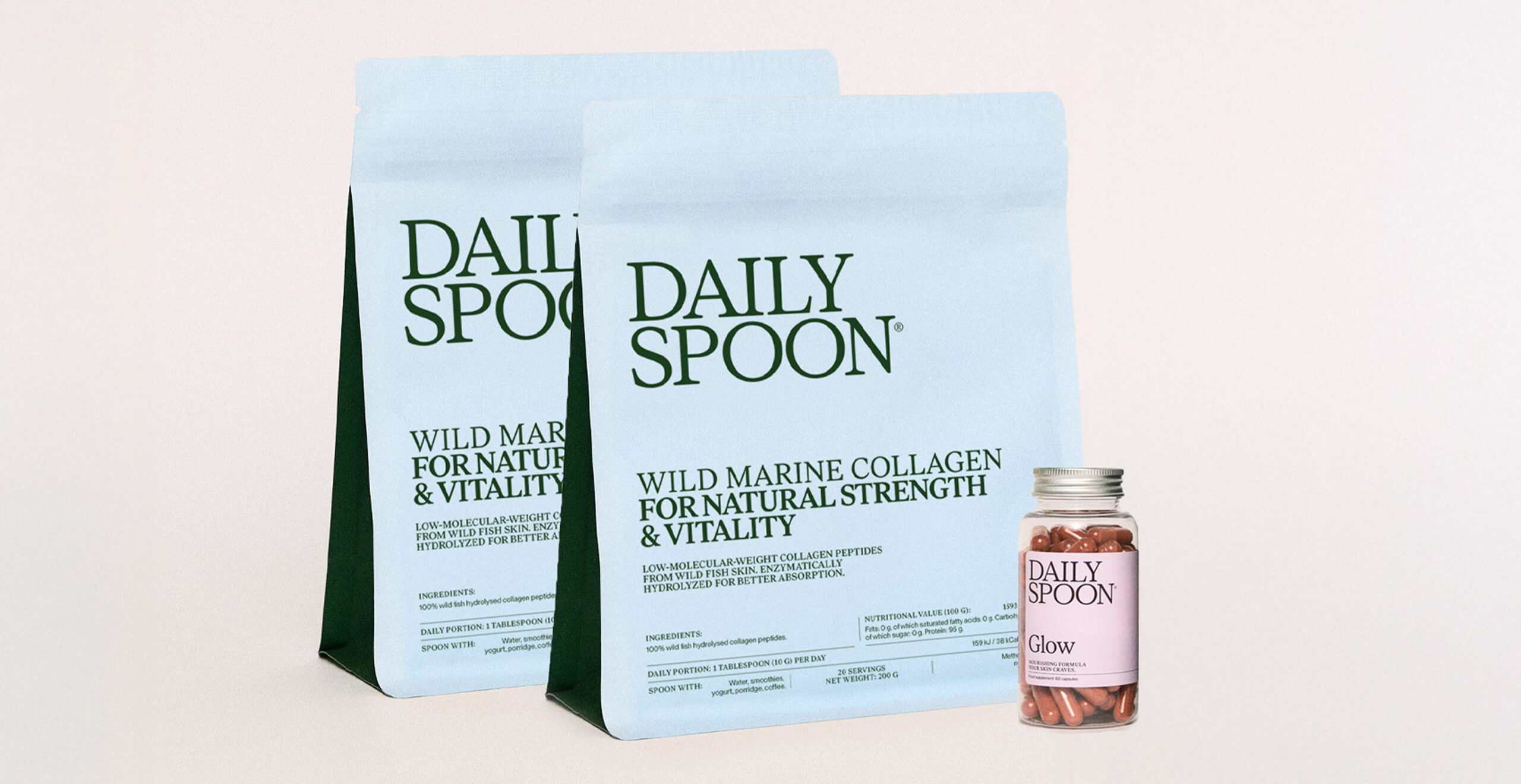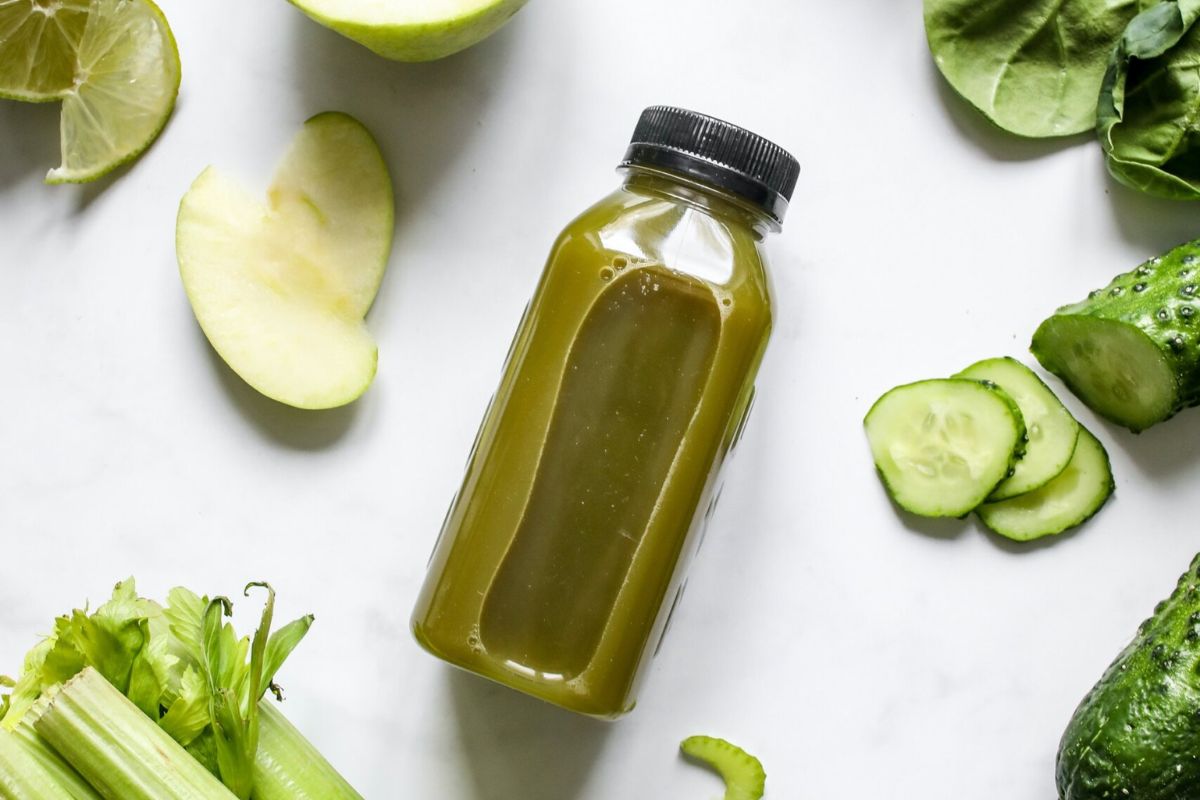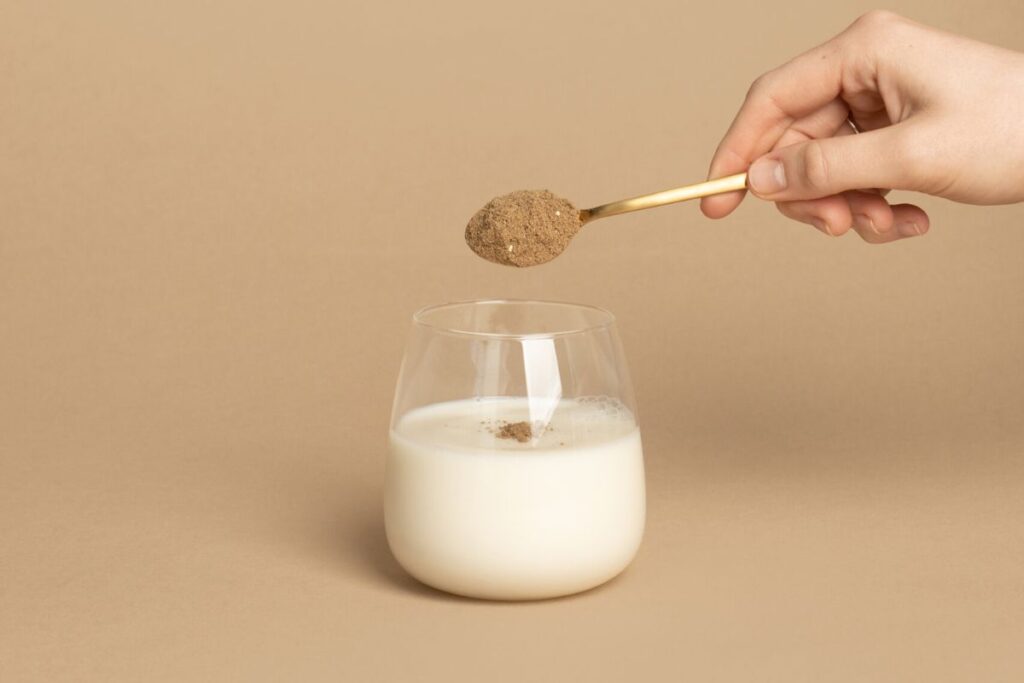Fluid intake is extremely important for the body for several reasons: it helps maintain a healthy internal environment and supports metabolic processes such as regulating optimal body temperature (homeostasis), blood circulation, electrolyte balance, and the elimination of toxins. Regular hydration is highly beneficial, but lately, we’ve been seeing growing trends around so-called “miracle” liquids. Much like fashion, these trends tend to shift quickly, often with the seasons. In this article, we’ll take a closer look at the most popular liquid-based diets and trends, and explore their actual effects on the body.
Apple Cider Vinegar Water
Interest in this tonic has remained particularly strong for four years now. People who drink apple cider vinegar water often claim to have lost significant weight and report improved well-being. Experiments conducted in 2009 and 2018 with two groups (one incorporating apple cider vinegar water into their diet and the other not) showed that the group consuming the vinegar lost more weight. However, these studies have limitations: firstly, the vinegar dosage was carefully monitored by medical professionals; secondly, the weight loss occurred over a short period, with no information on long-term results; and thirdly, participants reported feeling full more quickly, which likely led to reduced food intake and lower calorie consumption—possibly the real reason behind the weight loss.
Overall, apple cider vinegar does not offer significant nutritional value. It contains a small amount of potassium and acids with antibacterial properties, but once ingested, it can irritate the stomach, disrupt gut microbiota, and even cause burns to the throat lining.
Celery Water
Celery water is slightly less popular, but the benefits it claims to offer go beyond those of apple cider vinegar. It’s said that celery juice detoxifies the body, aids in weight loss, and is even touted as a cure-all due to supposedly undiscovered salts it contains—salts that are claimed to kill harmful gut bacteria. As I’ve mentioned before when discussing the detox phenomenon, no product can detox the body—this function is performed by the organs (liver, kidneys, lungs, and digestive system).
There’s also a lack of scientific evidence to support the idea that celery juice aids in weight loss, so this remains a hypothesis. And as for the miraculous promise of disease-healing salts, no scientific studies support this claim—simply because such magical salts don’t exist. In fact, celery does contain salts that are well-known to us and can even raise blood pressure.
Additionally, when making celery juice, the pulp is typically strained out, leaving most of the fiber and nutritional value behind, which makes the drink somewhat pointless. Instead, we recommend including celery as part of a balanced meal or blending it into smoothies without straining out the pulp.
Juice Detox
Juice detoxes are often used as a form of punishment for a week or month of poor eating habits. I may be repeating myself, but it’s important to clearly communicate that the concept of detoxing is far from reality. Juice alone will not flush toxins from the human body. Consuming only juices and liquids for several days automatically reduces your daily calorie intake. While a calorie deficit can lead to quick weight loss, this method is ineffective in the long term—once solid food is reintroduced, the lost weight often returns. Such rapid juice cleanses can slow down metabolism, making it even harder to lose weight again.
It’s also crucial to pay attention to what’s in the juice: for example, if the juice consists mainly of fruit and lacks variety, an unbalanced juice detox can cause sharp blood sugar fluctuations and place unnecessary strain on the pancreas.
Support from the Daily Spoon front
Variety and balance are especially important in nutrition, so it’s recommended to be cautious when experimenting with new “miracle water” trends, many of which lack scientific backing. However, if you’re keen on drinking water with various additives, we suggest making it genuinely nutritious and effective. This kind of drink is safe to consume and won’t risk irritating your stomach or upsetting your digestive system. And if your digestion is already upset, our Gut Bliss blend can help restore balance by nourishing good bacteria and reducing inflammation through fiber and antioxidants.
Daily Spoon was born out of a desire to see a different kind of wellness product in Lithuania—one without empty promises or magical weight-loss teas, but instead based on science and designed to help you glow and feel your best.
Radvilė
Founder of Daily Spoon
Sources:
- Harvard Health. (2020, October 29). Apple cider vinegar diet: Does it really work?
- Harvard Health. (2021, February 7). Does apple cider vinegar have any proven health benefits?
- Klein, A. V. (2015). Detox diets for toxin elimination and weight management: a critical review of the evidence. PubMed.
- Obert, J. (2017, November 9). Popular Weight Loss Strategies: a Review of Four Weight Loss Techniques. PubMed.
- Preiato, R. D. D. (2019, September 20). Can Celery Juice Help You Lose Weight? Healthline.
- Spritzler, F. (2021, March 19). 7 Side Effects of Too Much Apple Cider Vinegar. Healthline.





